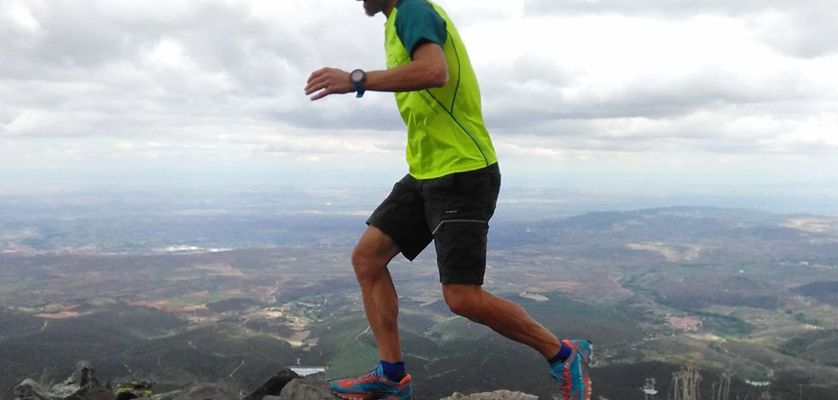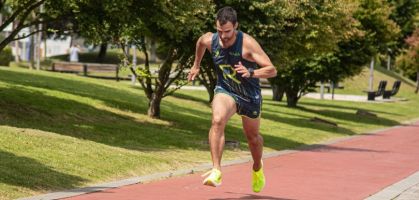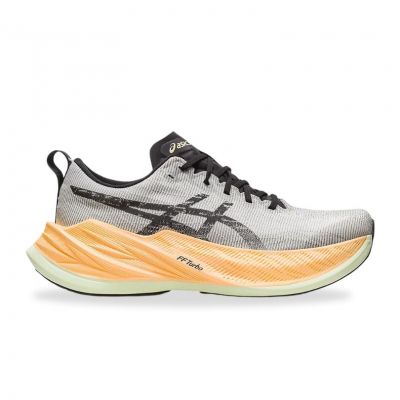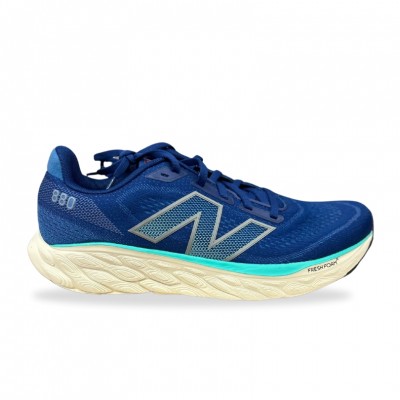Medium and long distance races in which shortly after starting there are runners who stop running and start walking and thus finish the race. Triathletes who withdraw before even starting because the water temperature exceeds 22º and in the Olympic distance is not allowed to wear the wetsuit (for those who do not know, the wetsuit increases buoyancy and involves less effort when swimming).
With the current running and triathlon boom, more and more people are putting on a pair of running shoes and taking up the sport. Fantastic! Each of us know why we do sport; to be fit, because it is a challenge, to feel better physically and mentally, to lose weight, to socialize, to relax, to feel the adrenaline of competition ... there are many reasons and we know which one is ours ... sure?
The importance of preparation
There are more and more frequent comments I hear and articles I read about what is happening in races; people who participate in a half marathon and before reaching ten kilometers are already walking, people who cheat and take shortcuts to do less distance, people who participate in their first marathon (what an illusion, isn't it?) with a preparation of a couple of months training one or two days a week at the most... and I can't resist to share something that different people have told me about what happened in a very famous half marathon; there were people "running" rather walking, with Nordic walking poles...
Nowadays, if there is something that abounds, it is the number of races of different types that flood the calendar of popular races: 5 km, 10 km, half marathon, marathon, popular races, family races, mountain walks, trail, hiking ... we can choose according to our tastes and our physical condition which race to sign up for.
Stopping when you have to stop
Before going on, let's make one thing clear; if we have a slump in a race, muscle problems, dehydration, a breakdown... that make us slow down and even have to stop, of course we have to do it. The first thing is health. And if we are very close to the finish line and our strength fails us but we want to finish the race out of pride, even if we have to walk, bravo for that punditry!
But we are not talking about that. We are talking about those who are aware before the start of the race, that they have not trained in conditions to do the race. And by not training in conditions I mean those people who in a half marathon, for example, when they get to a few km, they start walking, simply because in training they only did a few km in a row (long runs?, yes; I know the term but I do not know what it consists of). Expressions like "interval work", "stretching", "running technique", "testing gels and hydration before the race", etc, etc, etc..... They sound a bit more familiar, even if they haven't put them into practice either.
You might be interested in: Academy Win, the training academy of Runnea
All for a finisher medal
These people finish the race because in many of them there is no time limit. And they get the finisher's medal and the commemorative T-shirt. And on Monday at the office with their co-workers or later with their friends, they remind everyone of the feat of having participated in the race, and what is more important; they have finished it. And that has its importance, I will not take it away, but that's not what we are talking about.
People who have been burning shoes for a long time say that we are losing respect for the events; that before, when you set yourself the goal of doing a marathon, or a half, or a triathlon, you did it with a mixture of fear and reverence; with the awareness that you had to prepare well and with time. And above all, with a huge illusion to face the test and finish it. To finish it in three hours, in four hours, in four and a half hours... but training as much as necessary to achieve it.
Be realistic in the objectives
I agree about the lack of respect, but I add another element. If the person who prepares for a race, aware of what he is facing by training for it, normally seeks satisfaction, pride in the work done, the challenge achieved, what are they looking for, what is the objective of those who enter a race of this type being perfectly aware that they have not trained for it and are not prepared to do it?
I firmly believe that knowing what we do things for is basic; what is our objective, what does it mean for us to achieve it and something very important; what we are willing to do to achieve it.
Pride and satisfaction is not only about finishing an event. It is to prepare to achieve it, to train conscientiously, to make an effort, to sweat, to get up early, to dedicate the necessary time, to take care of the feeding... to arrive to the day of the race with the nerves and the uncertainty of if all the preparation will give its fruits and we will be able to finish the race or to achieve that mark.
What is a person who enters a race knowing beforehand that he/she is not able to finish it and that he/she is going to spend half of the race walking looking for? What goal does he/she want to achieve and why does he/she do it? I would love to know your opinion...
www.coachingsinlimites.es I twiter: @aloizagacoach
Read more news about: Running Training





























